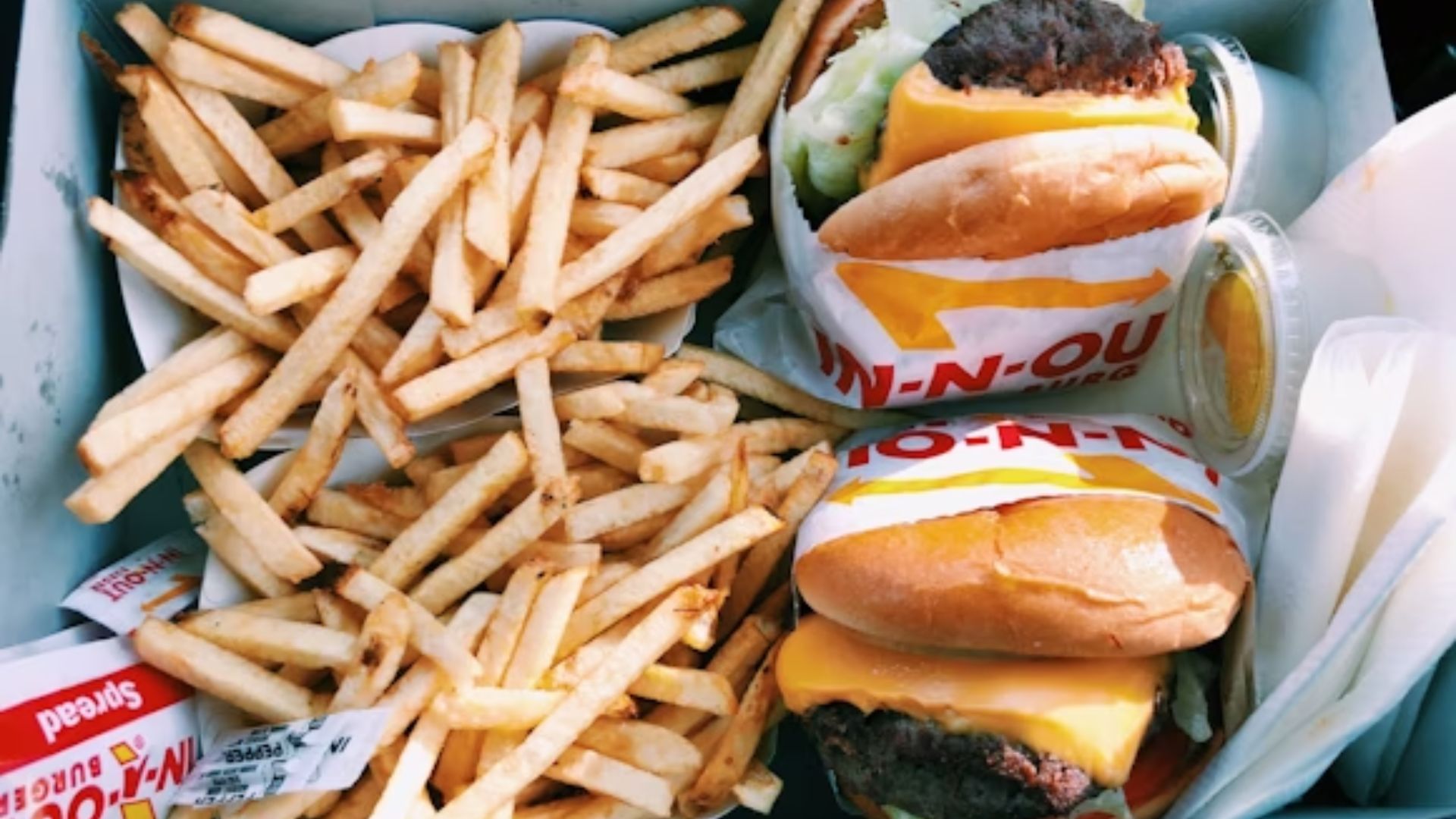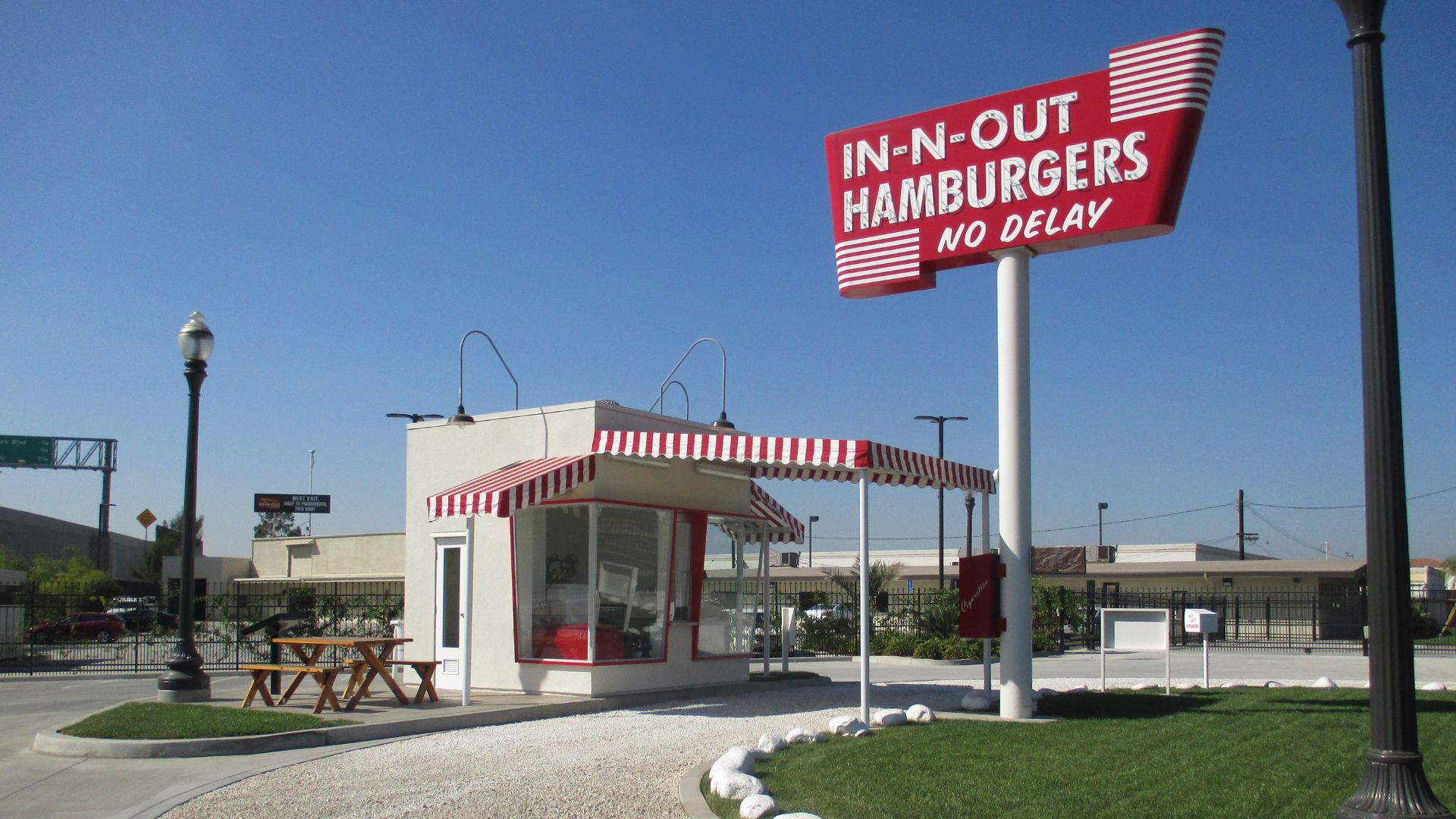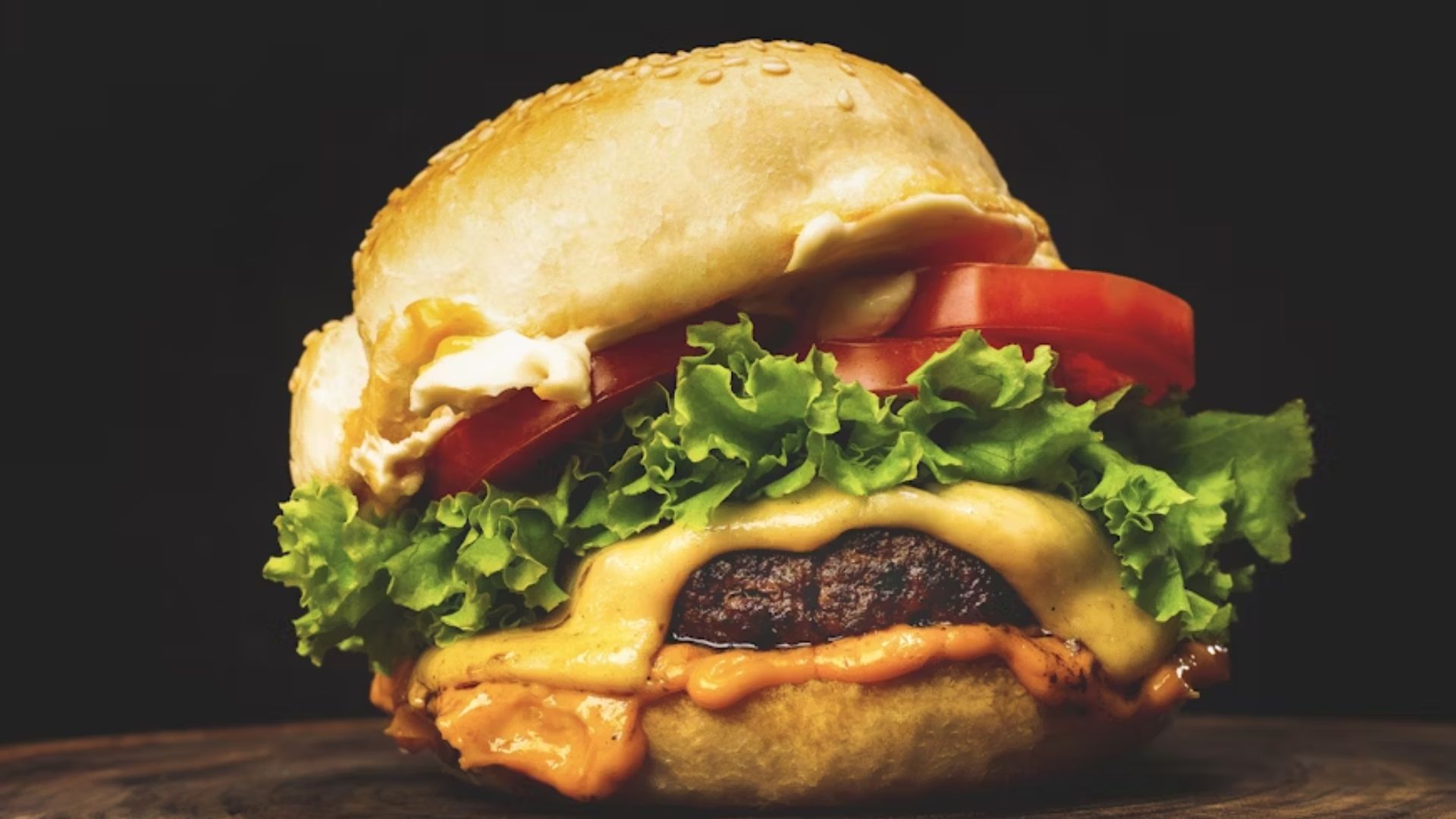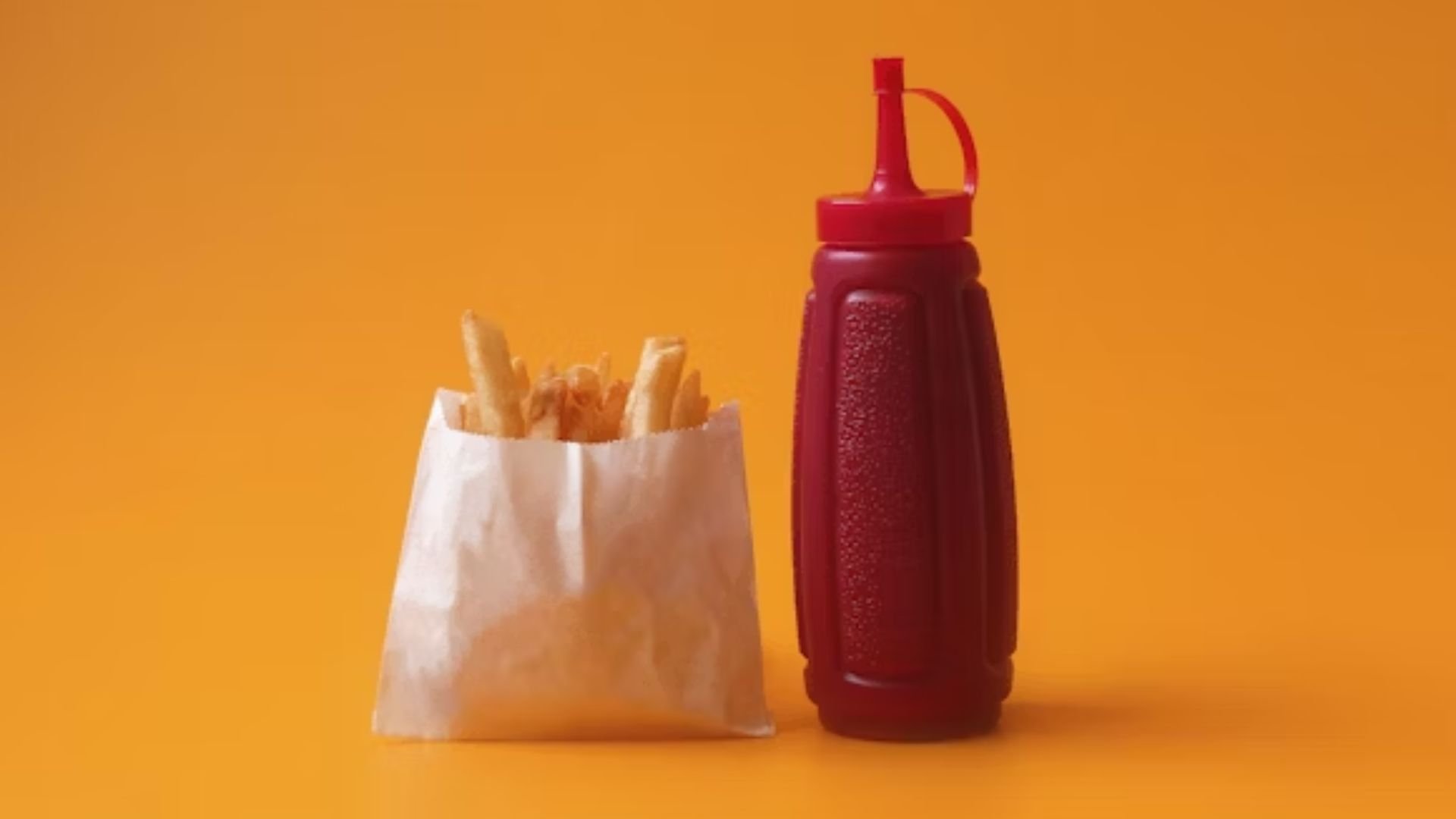One of California’s most popular fast food chains – with nearly 300 locations in the Golden State – has begun to increase prices in response to recent statewide legislation.
In-N-Out Burger, the fast food chain headquartered in Irvine, California, has seen prices rise in a number of locations following higher business costs owing to increases in the minimum wage for fast food workers.
What Items Have Become More Expensive?

Price increases of up to $0.50 have been recorded for the Double-Double burger, fries, and drink combo since April 1st. In Los Angeles County, the combo now costs $11.44, per KTLA-TV.
KRON-TV reported additional price increases at locations in San Francisco and Daly City. Per KRON4, a double patty without sides costs $7.50 in the Fisherman’s Wharf location.
In-N-Out President Confirms Price Hike

In-N-Out have long been known for offering relatively cheap meals to their customers. But, a company spokesperson confirmed that the chain was instituting price jumps because of new minimum wage legislation in California.
In a statement, In-N-Out President Lynsi Snyder added, “We continue to raise menu prices only when absolutely necessary, as we did on April 1st of this year in our California restaurants.”
What is California’s New Minimum Wage?

Last Fall, California Governor Gavin Newsom signed into law legislation that increased the minimum wage for fast food workers to $20 an hour. The previous statewide minimum had been $16 an hour.
In a win for progressive campaigners in the state, the new legislation came into force on April 1st of this year. The new law applies to fast-food locations in the state which are part of chains with more than 60 locations across the US.
Not All In-N-Out Leaders Support The Price Hike

In-N-Out president Snyder has generally established herself as an opponent of price increases – a reputation she confirmed in an April interview with NBC’s Today.
“I was sitting in VP meetings going toe-to-toe saying, ‘We can’t raise the prices that much, we can’t.’ Because it felt like such an obligation to look out for our customers.” Snyder said.
Where Have Price Increases Been Reported?

As aforementioned, the Double-Double burger, fries, and a drink combo now cost $11.44 in Los Angeles County. This represents a price increase of $0.76 from last year’s prices.
Bay Area station KRON-TV has also reported price increases in San Francisco and Daly City. In popular tourist location Fisherman’s Wharf, a double-double burger with french fries and a drink costs $13.63 after taxes.
Price Increases Pre-Date New Minimum Wage

While an In-N-Out spokesperson confirmed the connection between the new price jump and the increase in the minimum wage, sharp price rises across the fast-food sector were recorded long before the new legislation was signed into law.
While general inflation has risen 24% since 2014, fast food prices have risen 47% in the same time period. That is according to the Bureau of Labor Statistics, as reported by Yahoo! Finance.
In-N-Out Aren’t Alone in Hiking Prices

A recent USA Today survey conducted across America found that the average medium Big Mac meal has increased from $5.69 in 2014 to $9.72 in 2024. This represents a whopping 70% increase in prices across the last 10 years.
Similar price increases have been recorded at Starbucks – with popular menu items from the tomato and mozzarella panini to the cake pop seeing price rise anywhere from 15% to 97% since 2014.
How Have Other Businesses Responded To New Minimum Wage?

California Business and Industrial Alliance (CABIA) has claimed that the new $20 minimum wage for fast food workers has led to the loss of nearly 10,000 jobs. They claim the new legislation is part of a wider “assault” on California businesses.
In-N-Out Burger join McDonald’s and Burger King in increasing prices across the state. Meanwhile, popular Mexican chain Rubio’s recently cited the new minimum wage as the reason behind the closure of dozens of sites in California.
Does Increasing The Minimum Wage Really Cause Price Increases?

While several popular chains have cited California’s higher minimum wage as causing price increases and forcing job losses, some experts think the long-term negative impact of such wage increases is minimal.
Michael Reich, UC Berkeley Chair of the Center on Wage and Employment Dynamics, has said the evidence shows that increasing minimum wage increases employment, lowers turnover rates, and makes employee recruitment easier. Meanwhile, one study showed that a 10% increase in minimum wage correlated to only a 0.4% increase in prices. The long-term impact of California’s new legislation waits to be seen.


